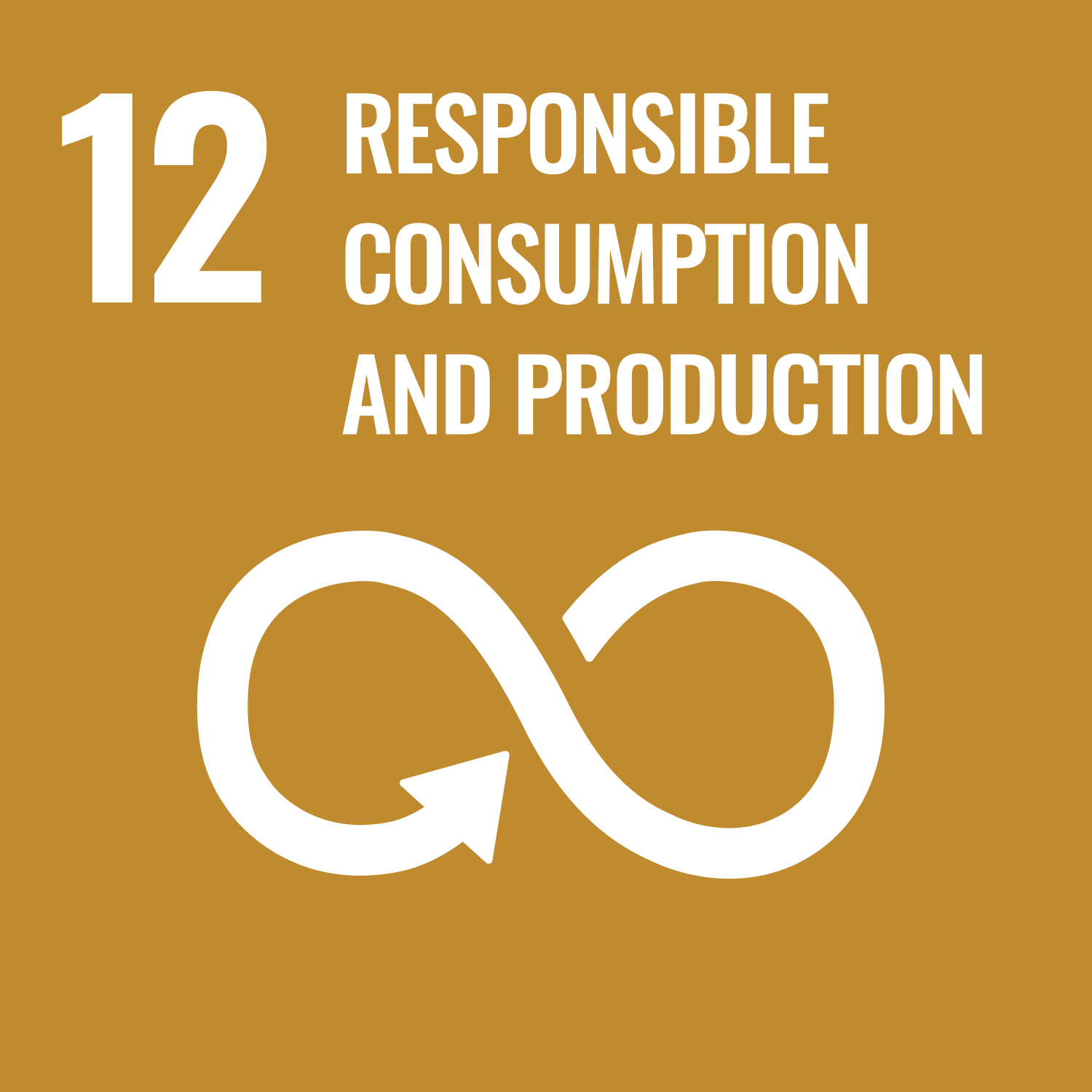ORCID
- Simon Fox: 0000-0002-4862-5363
Abstract
Treatments for osteoporosis are typically given post-fracture. Therefore, identifying safe prophylactic interventions to reduce fracture risk would be beneficial. One approach is to utilise the bioactive properties of natural compounds to modify osteoclast and osteoblast activity. D-limonene a well-tolerated, anti-inflammatory monoterpene found in citrus fruits holds promise due to its suppressive effect on NFκB, a key regulator of bone cell activity. We found that limonene promoted osteoblast differentiation and bone nodule formation and inhibited RANKL-indued osteoclast formation and bone resorption in-vitro. Limonene also reduced the pro-resorptive signal provided by osteoblast, augmenting markers of osteoblast differentiation (alkaline phosphatase, osterix and osteocalcin) and significantly decreased osteoclastogenic cytokine production (PTHrP, IL-1β and TNF-α). Therefore, limonene supplementation represents a potential route in combination with current interventions to optimise bone cell activity to maintain or enhance bone mass.
DOI Link
Publication Date
2024-11-12
Publication Title
Bioscience, Biotechnology and Biochemistry
Volume
164
ISSN
0916-8451
Acceptance Date
2024-11-05
Deposit Date
2024-12-17
Keywords
Bone Remodelling, Osteoclasts, Limonene, gene expression, Osteoblast
First Page
1
Last Page
9
Recommended Citation
Fox, S., & McCallum, L. (2024) 'D-limonene suppresses RANKL-induced osteoclast differentiation and promotes osteoblast activity in-vitro', Bioscience, Biotechnology and Biochemistry, 164, pp. 1-9. Available at: 10.1093/bbb/zbae164



